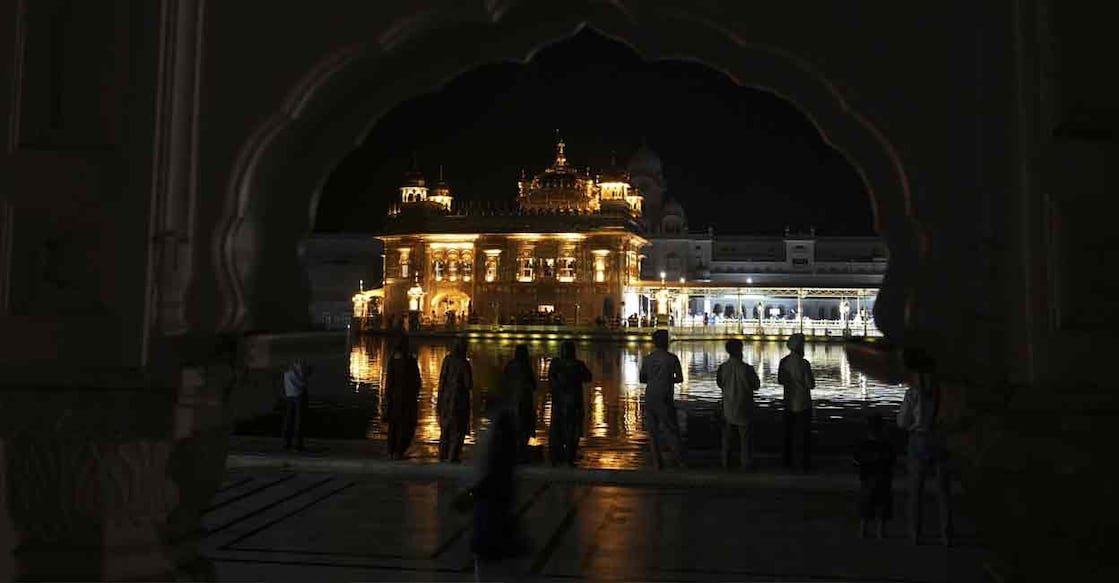Pakistan targeted Golden Temple on May 8, Indian Army’s air defence neutralised attack

Mail This Article
Amritsar: The Indian Army's air defence systems successfully intercepted a major aerial assault by Pakistan aimed at civilian and religious sites in Punjab, including the Golden Temple, during the recent cross-border conflict. On May 8, unmanned aerial vehicles (UAVs) and long-range missiles launched by Pakistan were neutralised before they could inflict any damage, thanks to India’s layered air defence system.
According to Major General Kartik C Seshadri, General Officer Commanding (GOC) of the 15 Infantry Division, Pakistan had planned to strike Indian military and civilian targets, with intelligence inputs pointing specifically to the Golden Temple as a key objective.
“Knowing that the Pak Army does not have any legitimate targets, we anticipated that they would target Indian military installations, civilian targets, including religious places. Of these, the Golden Temple appeared to be the most prominent. We mobilised additional modern air defence assets to give a holistic air defence umbrella cover to Golden Temple,” Major General Seshadri told ANI.
In the early hours of May 8, Pakistan launched an aerial offensive using drones and missiles aimed at Punjab. However, Indian Army air defence teams, including those operating the AKASH missile system and L-70 air defence guns, successfully intercepted and destroyed all incoming threats.
“On 8th May early morning, in the hours of darkness, Pakistan carried out a massive air assault with unmanned aerial weapons, primarily drones and long-range missiles. We were fully prepared... and our braveheart and alert army air defence gunners thwarted Pakistan Army’s nefarious designs... Not allowing even a scratch to come on our holy Golden Temple,” added Major General Seshadri.
The conflict was sparked by a terrorist attack in Pahalgam on April 22 that left 26 civilians dead, including a foreign national. In retaliation, India launched Operation Sindoor on May 7, targeting terror infrastructure inside Pakistan and Pakistan-occupied Jammu and Kashmir (PoJK). Nine terror hubs were hit, seven of which were destroyed by Indian Army strikes. The targets included the Lashkar-e-Taiba headquarters in Muridke and the Jaish-e-Mohammed base in Bahawalpur, both struck with what the Indian Army described as “absolute precision.”
“We intentionally did not target any Pakistani military or civilian infrastructure,” he emphasised.
Indian intelligence had anticipated Pakistan's potential retaliation following the May 7 precision strikes. While initially expecting attacks on military bases, the Indian Army was surprised by a shift in tactics.
“Some Kamikaze drones, surface-to-surface and air-to-surface missiles were launched directly for the Golden Temple... All the air raid was intercepted and shot down with great precision,” said an army personnel on the ground.
Following India's precision response and the effective interception of Pakistan’s retaliatory strikes, both sides agreed to a cessation of hostilities on May 10.

